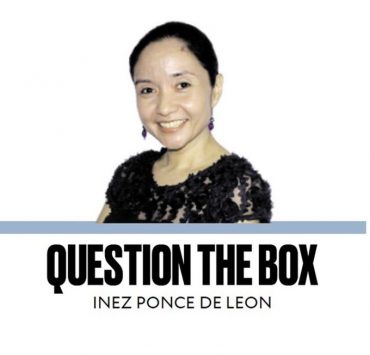Challenges facing teachers: Students’ wants or educational needs?

This essay was initially intended to celebrate World Teachers’ Day, but I also want to address an issue that has weighed heavily on my mind: the evolving nature of the teacher-students relationship, which seems to be increasingly shaped by students’ wants rather than educational needs. This perspective may come across as controversial or even cynical, but I want to engage readers in reflecting on why today’s generation of students often seems focused on shortcuts, valuing convenience over authentic learning. In this context, teachers who insist on high standards are sometimes seen as obstacles, rather than guides.
Throughout my teaching career, I’ve witnessed numerous colleagues leaving the profession. Common reasons include burnout, inadequate compensation, lack of appreciation from both students and administration, and, ultimately, the inability to meet student demands. This is particularly noticeable at the secondary and tertiary levels. The education system, especially in higher education, often yields to student demands without fully assessing the broader impact of these accommodations. In some universities, student evaluations play a significant role in determining a teacher’s standing, workload, and, in some cases, their continued employment. Teachers who are popular among students—those who are perceived as “friendly” or “easy”—often receive higher ratings, while those who maintain rigorous academic standards may suffer lower ratings.
This dynamic creates a troubling cycle: teachers may feel pressured to water down content to avoid poor evaluations and secure their jobs. Some educators even recommend avoiding serious assignments or complex topics, as challenging students could damage one’s career. Schools, both public and private, often hesitate to enforce rigorous standards out of fear of complaints from students and parents, who sometimes argue that lower grades or challenging coursework threaten their children’s chances of graduating with honors.
In my experience, many students now balk at reading even a few pages of academic material and instead turn to artificial intelligence to complete their assignments, yet still expect high grades. When I ask students what they want in a teacher, the answers are often striking: they want someone who acts like a friend, assigns few quizzes, and makes requirements easy to fulfill. In return, these teachers receive high evaluation ratings, which reinforces the trend. This response made me wonder about the effects of neoliberalism on education, where student “satisfaction” seems to outweigh educational quality, sometimes at the cost of teachers’ professional integrity.
Sensei M. Adorador

















